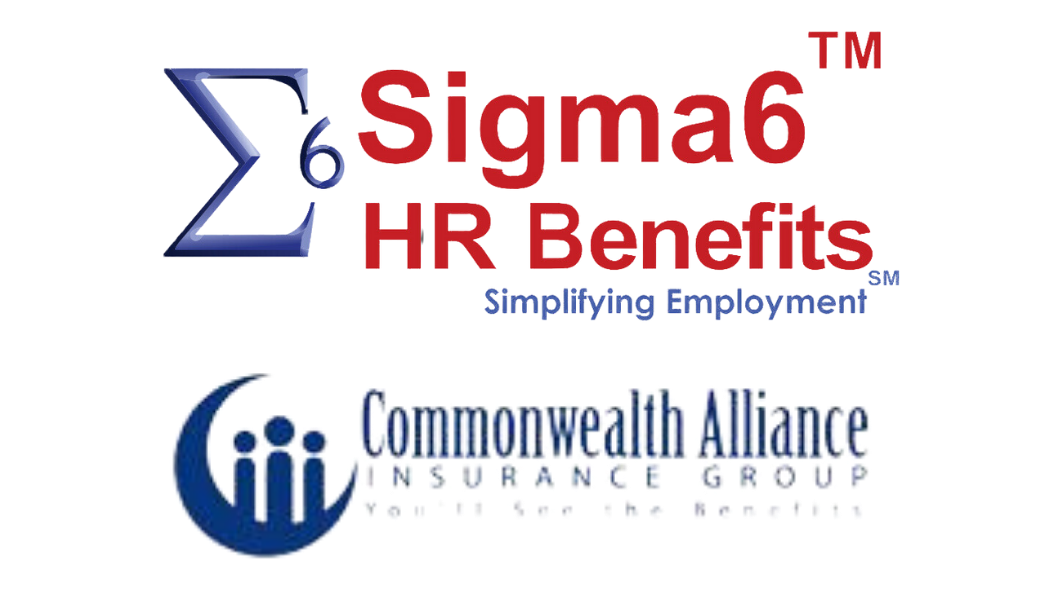TOP 10 MISTAKES TO AVOID WHEN PREPARING AN EMPLOYEE HANDBOOK
A poorly written, outdated or inconsistent handbook can hurt your company. More important, not following your company policies, and not having a consistent mechanism for reprimanding those employees who fail to follow the company policies.
Federal Court Strikes Down US DOL Overtime Exemptions Rule Nationwide
On November 15, 2024, a Texas federal court struck down a U.S. Department of Labor (DOL) rule that raised the minimum salary required to be paid to most employees classified as exempt from overtime and minimum wage requirements under the Fair Labor Standards Act (FLSA).
Court Strikes Down FTC Ban on Noncompete Agreements
A federal judge has tossed the Federal Trade Commission’s (FTC) ban on employee noncompete agreements.
Judge Ada Brown stated that employer violations are “typically decided through case-by-case administrative adjudication” This means that the FTC can still bring complaints/legal actions against companies that require noncompete agreements on the argument that they violate federal law. This has always been the case.
You Have 30 days to Make or Break a New Hire
Turnover is expensive! How much does a new hire cost your company/? Numerous studies over the years are pretty consistent. A new hire will cost your company at least TWICE the annual compensation of that hire in the first year.
USCIS Extends Form I-9 Expiration Date
The U.S. Citizenship and Immigration Services stating USCIS has extended the Federal Form I-9, Employment Eligibility Verification expiration date to 05/31/2027.
Employers must use Form I-9 with the edition date of 08/1/23, which may have an expiration date of either 07/31/2026 or 05/31/2027. Either form may be used until its respective expiration date. Downloads available on the Form I-9 download page will only include the new 05/31/2027 expiration date.
Long-Forgotten Beneficiary Form Gave An Ex-Wife More than $1Million
Beneficiary forms are often completed upon a new hire, an open enrollment, or some other on-time change and then forgotten.
Swastikas and Power To the People Coming to Your Company Uniforms?
Last week the National Labor Relations Board (NLRB) ruled that a Home Depot employee who had written “BLM” on his work apron in 2021, thus breaking the company dress code, had a right to this as political protection, and was awarded reinstatement with back pay.
What To Do With Disruptive Employees
Some employees can be irritating, some can be frustrating, others have difficult personalities. But a disruptive employee is a whole different matter. Disruptive employees are generally hard to manage and often create fear within your other employees. One final thing, from the disruptive employees that we at Sigma6 HR have had to deal with over the years, occasionally the most disruptive employees are actually in supervisory positions.
Exempt Vs Non-Exempt Classifications
An exempt employee is exempt from overtime and most time keeping requirements. A non-exempt employee is one who must be paid overtime of time and a half. If they work more than 40 h in a 7-day work week. Additionally, proper timekeeping must be kept.
It has been estimated that 95% of the American workforce is not exempt. Therefore, we'll focus on what defines an exempt employee.
New Overtime Rule to Affect Almost All U.S Businesses
The U.S. Labor Department (DOL) last week proposed a new rule that if enacted will drastically change current overtime regulations. Under the Fair Labor Standards Act (FLSA) “covered employees”, (basically non-exempt), must be paid time-and-a-half for any hours worked more than 40 in a pay period week.
How To Write a Job Description
Writing an effective job description can help employers remain competitive as well as maintain managerial control over job functions. Additionally, a well-prepared job description can assist employers in hiring and advertisement of a job opening. Finally, in an employment issue, a signed job description can be used as a defense in a legal, workman’s compensation or unemployment dispute.
Complying With New Federal Pregnant Workers Fairness Act, PUMP for Nursing Mothers Act
The PWFA provides that an employee or their representative can make the employer aware of the employee’s limitations. It also provides that an employer cannot require an employee to take a paid or unpaid leave of absence if another reasonable accommodation can be provided.
NLRB Recommends Banning Noncompete Agreements
Non-compete agreements are being closely reviewed by the National Relations Labor Board (NLRB). The NLRB has jurisdiction over all businesses that have employees in the U.S, whether union or non-union.
Pay Transparency Checklist
Pay transparency laws generally require the employer to post the salary range for the location with the opening. If a position will be filled in a specific location, the posting only needs to provide the salary range applicable to that role in that location.














